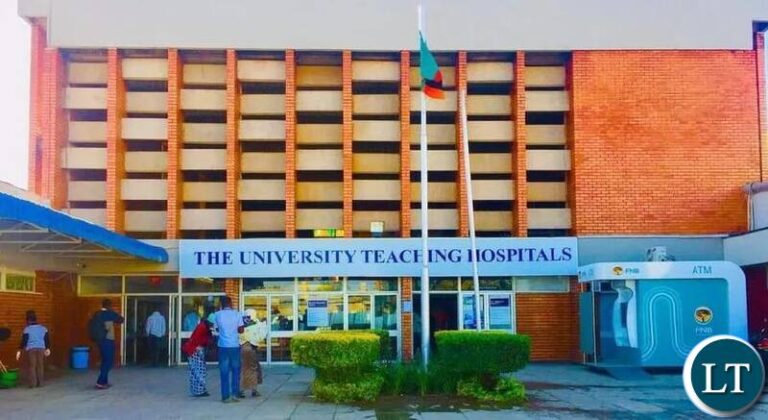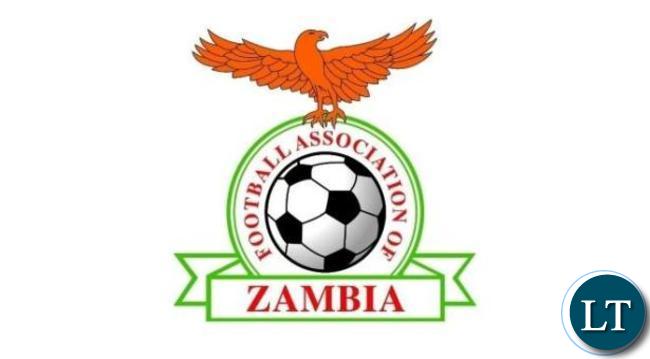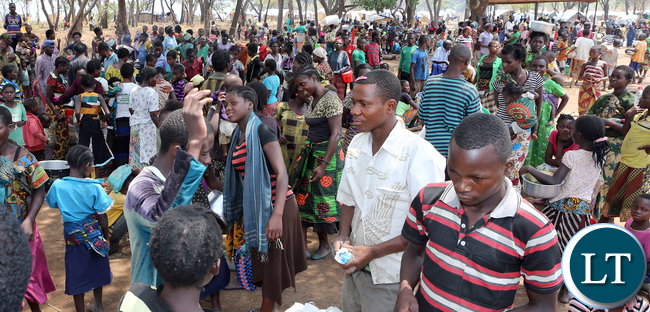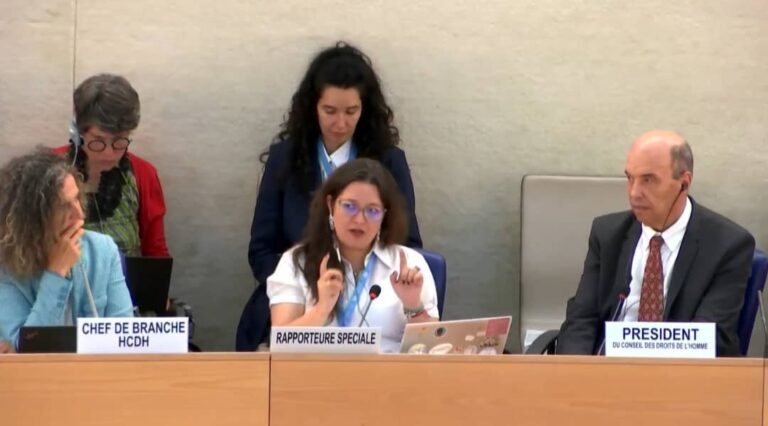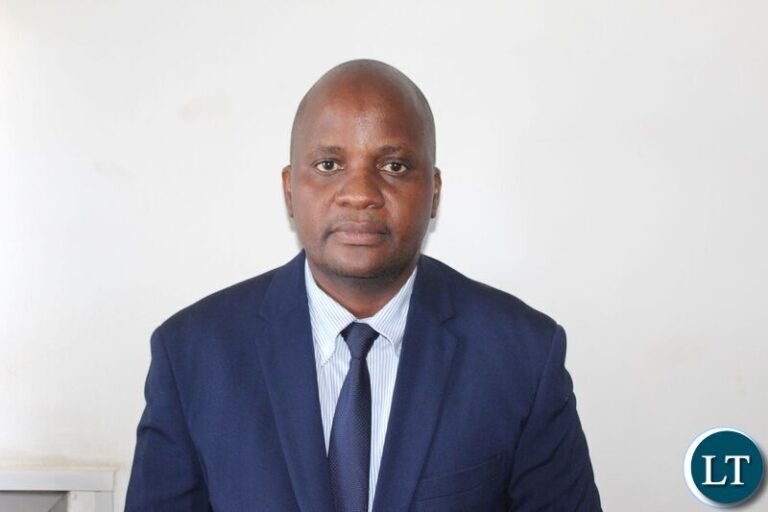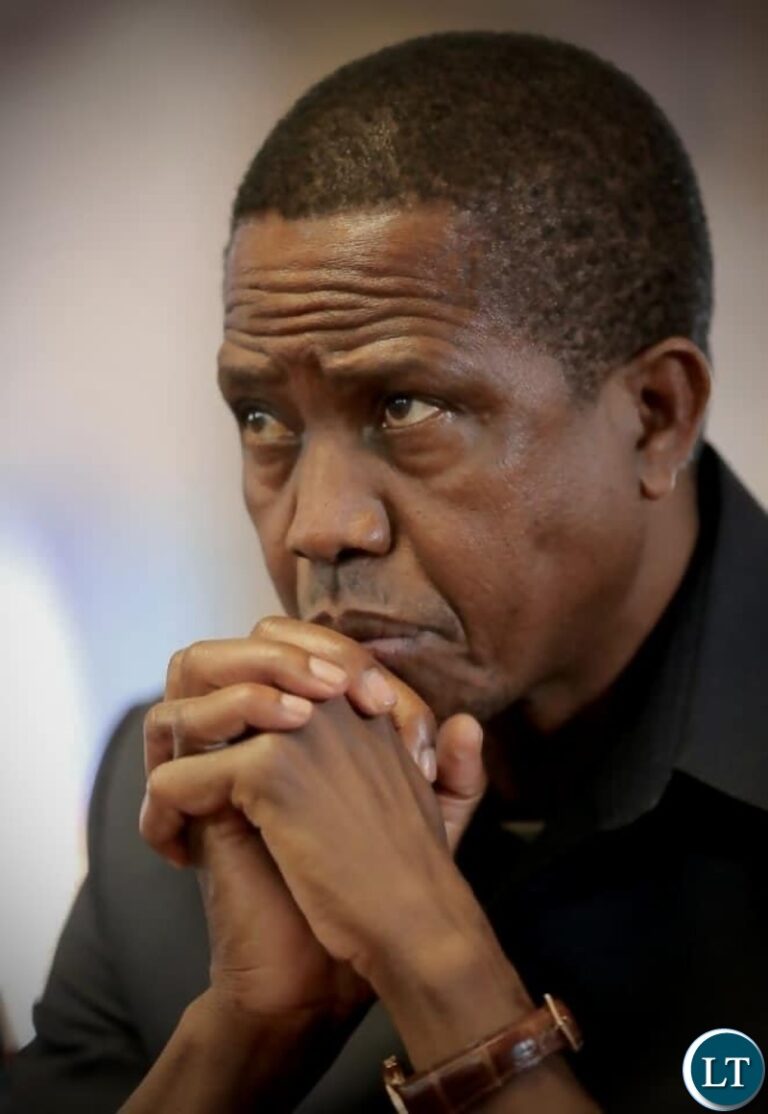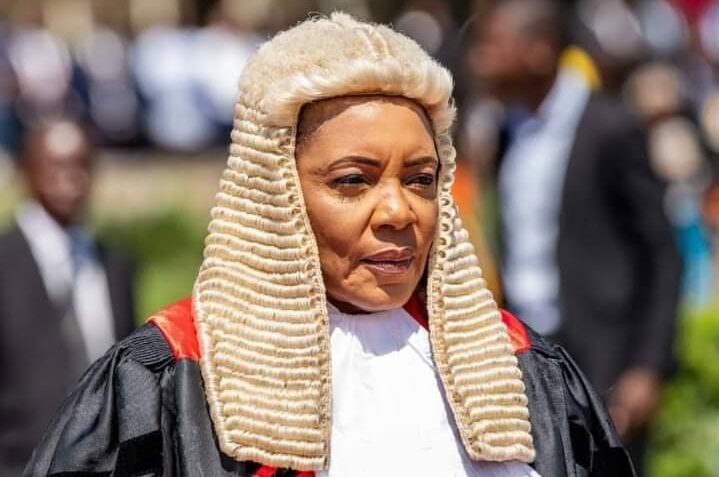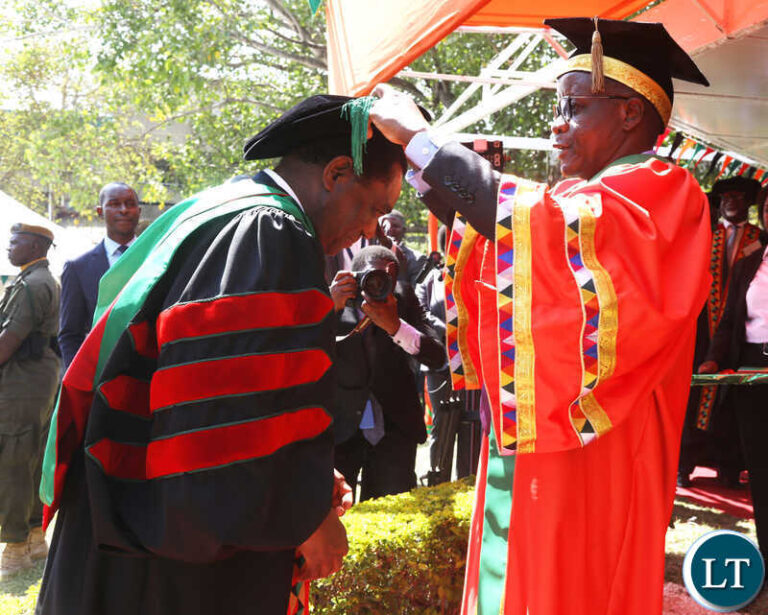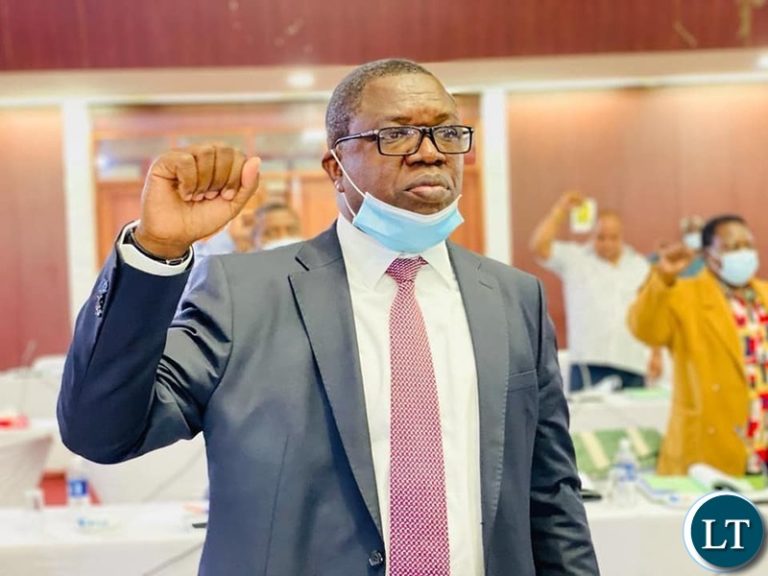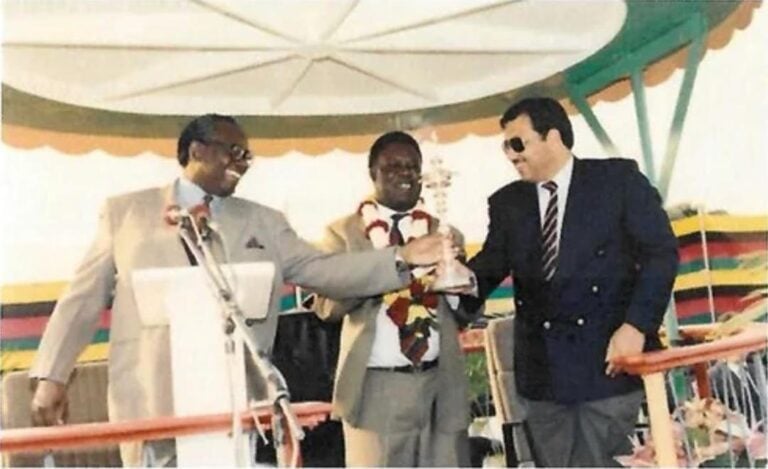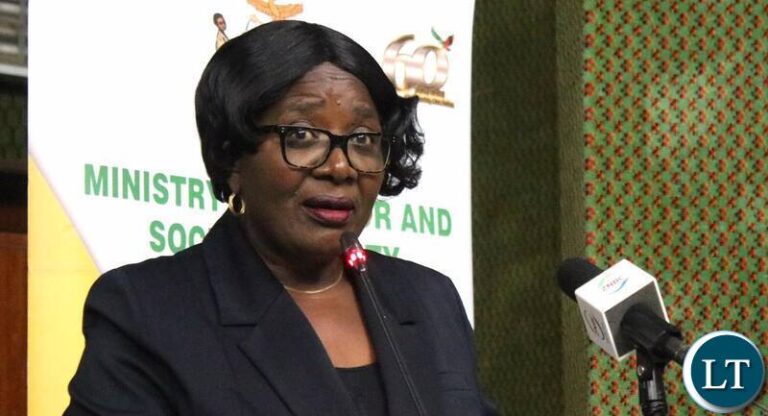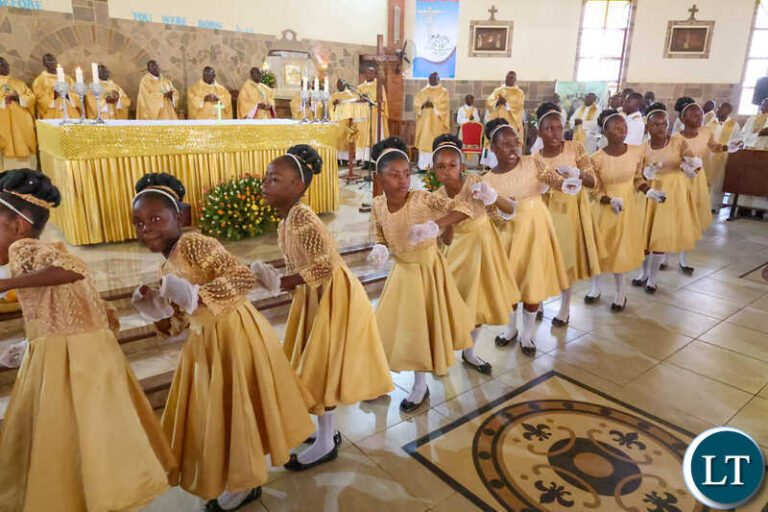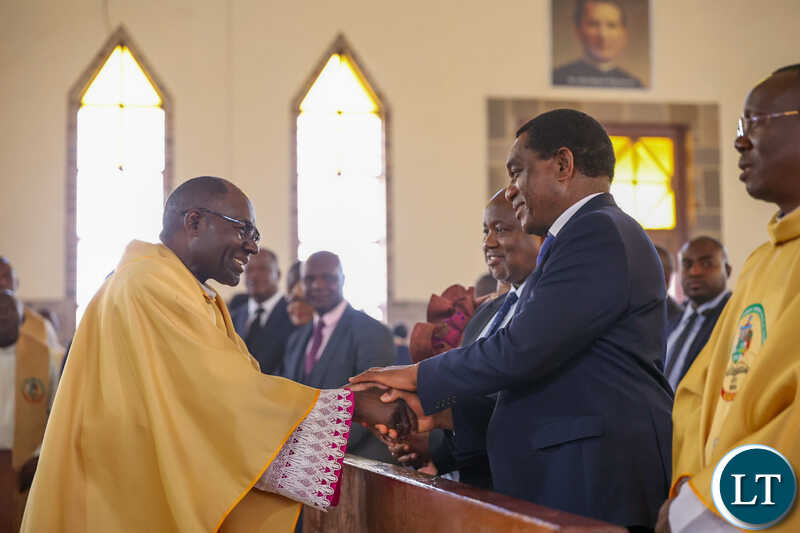Frank and Hirch Ltd / Sun Pharmaceuticals Ltd
Sun Pharmaceuticals began as Frank and Hirsch (Northern Rhodesia) Limited in 1963, before the new country of Zambia’s independence a year later. It was the sister company of a business in South Africa. Its then owners considered starting a production facility for writing pens, sunglasses and disposable syringes in 1974, but the Zambian government’s process of nationalisation at that time dissuaded the owners from further investment in Zambia. They exited the business, selling it to a company in which local bottle store owner and politician, Late John Kalenga, had an interest.
After the original owners of Frank and Hirsch sold the business, the new owners attempted to pursue the syringe project. However, Mr Kalenga was in a dire financial situation, having faced years of financial insolvency and bankruptcy, making it difficult to move the project forward. Around this time, the company distributed wireless Motorolla radio sets and Grundig TVs in Zambia.
On 25th February 1982, the company signed a loan agreement to borrow $670,000 from the Development Bank of Zambia (DBZ) to establish a disposable syringe factory. The terms of the foreign currency loan were favourable to the company, providing a six-year repayment horizon with a two-year grace period. However, the Company could not draw on the loan for a year as they failed to pay the commitment fee of 2% to the Bank. The first loan disbursement was made on 22nd April 1983 in the sum of UA 79,000.
It would take another six years for the company to import part of the machinery in 1988. Still, due to the company’s inability to pay the counterparty fees, the company failed to implement the project. Consequently, after the six-year delay in importing equipment, the equipment was held at the storage premises of Manica Freight for a further three years as the Company was also unable to pay the storage and demurrage charges. This, along with the company’s failure to secure premises and construct a facility for the equipment, led to the DBZ loan falling into arrears and the seizure of the company’s and the late Mr Kalenga’s assets by the Bailiffs.
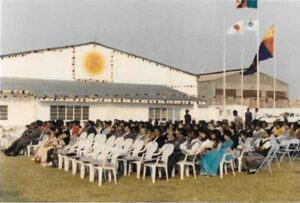
At the same time, DBZ gave final notice after the Late Mr Kalenga failed to prove that the company had the funds to complete the project. DBZ was concerned that the purchased equipment was exposed to the elements in the clearing agents’ open yard. Indeed, as later testified by the Development Bank of Zambia equipment was damaged in the three years of storage in the open yard. The Bank proposed to sell the equipment to new investors.
Mr Kalenga desperately sought an investor to save his assets from DBZ and Court Bailiffs. In December 1990, Mr Vinod Sadhu, an Indian-origin businessman who had emigrated to Zambia in 1978, came to hear about the Frank and Hirsch project to manufacture disposable syringes in Zambia and the collapsed state of the business. Mr Sadhu had made his wealth by supplying special steel products, mining equipment,and tools to the mining sector. He also had engineering, project development, and manufacturing interests. John Kalenga implored Mr Sadhu to help rescue the business and stave off financial ruin. Mr Vinod Sadhu felt the project would immensely benefit Zambia and the region when the AIDS crisis was spiralling, without access to sufficient quantities of disposable syringes and the prevalence of reusable glass syringes.
In January 1991, Mr Vinod Sadhu, through his holding companies, acquired a majority stake in Frank and Hirsch Ltd and, with his able team of local and expatriate staff, immediately :
• He moved the company headquarters from Lusaka to Mpelembe House, Broadway, Ndola, the headquarters of his sister concern, Sunvest Limited.
• He lent $800,000 to repay DBZ, and DBZ was also informed of the change of shareholding.
• Paid the backlog of fees to Manica Freight and transported the crates containing part of the equipment to his warehouse at the Heavy Industrial Area, Ndola.
• Ordered balance equipment for the Project, which the previous owners had not procured.
• As part of his strategic vision, Mr Vinod Sadhu initiated the process of renaming the company to Sun Pharmaceuticals Ltd. This change was aimed at better aligning the company’s identity with its core business of manufacturing disposable syringes. It also established a clear connection with his sister company, Sunvest Limited, creating a cohesive business structure.
• He and his new management team initiated the construction of a modern pharmaceutical plant in technical collaboration with DEMAG of Germany. This move would bring international standards and expertise to the Zambian pharmaceutical industry. The plant, constructed with funds injected by Mr Sadhu, was a fully sterilised air-conditioned facility backed by additional high-load connections, deep tube wells for water, and secure first-class infrastructure. It was built on the land owned by Mr Sadhu’s sister company, Sunvest Limited, further demonstrating his commitment to the project.
Mr Sadhu’s financial involvement in the project was beginning. He injected substantial additional capital as working capital to expand the business, demonstrating his unwavering belief in the project’s potential. This capital and commitment was crucial in rescuing a completely abandoned project left in crates at Manica Freight into a viable one.
The previous owner’s failure to implement the project and subsequent change of shareholding was recorded in the Judgment of the Ndola High Court (1995/HN/307), delivered after a public trial on 7 December 2001 and the Judgment of the Supreme Court of Zambia (SCZ/8/390/2001 Appeal No. 20/2002)
Mr Kalenga desired to remain associated with the Project as a minority investor, subject to capital contributions. However, as the Project gathered pace and the Company made a call on those pledged contributions, he failed to perform, resulting in his dilution and exit from the Project. Mr Kalenga died an untimely death in September 1993 in South Africa whilst under treatment. Before passing, Mr Kalenga acknowledged that Mr Sadhu had completed the factory without his contribution and owed Mr Sadhu ZMK 391 Million. Mr Sadhu chose not to pursue the Late Mr Kalenga’s Estate for the outstanding amounts or the three plots of land that Mr Kalenga had promised to transfer to the Company.
In July 1994, Sun Pharmaceuticals began producing disposable syringes of Western-manufactured quality. The then-health minister (and later Zambian President), the Late Michael Sata, officially represented the presidential delegation in opening the plant. The project was the first of its kind in the region. It was on course to generate $29 million in the first five years of its operation, which was a valuable foreign exchange for Zambia, besides generating local employment and meeting pressing medical demands within Zambia.
In February 1995, ‘poor DBZ record keeping’ suggested that its loan to Sun was in default and attracted a penalty interest rate. DBZ used this as the basis to try to place Sun into receivership so that it could take over the plant. Sun contested the appointment of the receiver and prevailed in the Supreme Court; the Ruling became a select Judgment concerning the multiplicity of actions before the Courts (Development Bank of Zambia & KPMG Peat Marwick V Sunvest & Sun Pharmaceuticals Limited Judgment 3 of 1997) [1997] ZMSC 11 (5 March 1997). The actions were exclusively defended by Mr Vinod Sadhu and his legal team, led by the Late Hon George Kunda. The company continued to meet its commitments to supply the government hospitals, even though payments due would be delayed or not honoured at all.
Despite the legal battle brought afresh by the Development Bank of Zambia in 1995, Sun Pharmaceuticals Ltd stood its ground and defended the case to the Supreme Court of Zambia. After twelve years of protracted litigation involving a public trial in Ndola High Court, two appeals to the Supreme Court and a final determination by Lusaka High Court under the supervision of the Supreme Court, the matter was finally decided in the Company’s favour in 2007.
Upon the conclusion of the Development Bank of Zambia & Government of Zambia V Sun Pharmaceuticals Ltd litigation in 2007, Sun Pharmaceuticals instructed its lawyers, Messrs George Kunda and Company, to secure from DBZ the title deeds of Stand No 6888, Lusala, which was in the name of Euro Butchery.
This building was one of the securities that bailiffs sent by the Development Bank of Zambia seized in 1989/1990 following foreclosure proceedings against Frank and Hirsh (Zambia) when the Company was under the Chairmanship of the Late John Kalenga. Sun Pharmaceuticals lawyers, on instructions from Mr Sadhu, secured the title deeds and passed them to the Kalenga family, who acknowledged that they had no further business dealings with Sun.
In 2018, twenty-five years after Mr Kalenga’s passing, his Estate obtained, within a day of application, an ExParte Order from the Lusaka High Court to change the company’s shareholding based on their false affidavit that the Company had “never been sold” and that Mr Sadhu was a mere “employee appointed by their late father” who had “stolen the company” after their father died.
It is pertinent that the Estate has taken no action in the twenty-five years since Mr Kalenga died until this point. While no court process was served on them, Sadhu’s lawyers received a tip-off that a highly irregular action to change the Company’s shareholding was underway. The Lawyers immediately brought to the High Court’s attention that an ex-parte Order of profound consequence had been passed without hearing from the affected party. The Court agreed to set aside the ex-parte order. The matter proceeded to an inter parte hearing, during which State Counsel Mr Irene Kunda raised a preliminary issue that the case was statute-bound, as Mr Kalenga had passed on 25 years ago. During that time, the Estate had not made any claims on the Company or its owners.
The Kalengas lawyers submitted to the Court to ‘stop time from running’ based on their allegation of fraud, but the Court found no evidence of fraud and that it was not an applicable case to ‘stop time’. The Court ruled that time should start to run when the Kalenaga family formed the Estate in 1999 and could sue, rather than in 1993 when the Late Mr Kalenga passed on. Yet, even by that yardstick, the claim was not maintainable and thus was dismissed as statute-barred in August 2018, reaffirming the Court’s rejection of the Kalengas’ claims. 2018/HP/1056
The Kalengas appealed to the Court of Appeal, which rejected their arguments and upheld the High Court Order in April 2019. [ APPEAL NO. 152/2018] The Court made several findings, such as it was apparent that the Kalenga family had waited for monies to be paid to the Company in their successful legal battle with DBZ before coming forward. It was also observed that they could have applied to join the matter between Sun Pharmaceutical and DBZ if they felt they had a claim, which they never did during the litigation. The Court ruled that litigation was not the Company’s only business and that the PACRA company records are public documents anyone can inspect.
“It is apparent the [Kalengas] knew about the [Development Bank of Zambia v Sun Pharmaceuticals] litigation and waited until payment to take action….the appellants could have even applied to be a part of the case while it was in the High Court or even the Supreme Court, as the money is not for the [Sadhus] personally but for the company. The litigation was not the only business of the company, as [PACRA] returns were filed as back as 2003.”
The Kalengas applied for leave to appeal to the Supreme Court, but the Court of Appeal rejected this appeal in its second ruling in November 2019: Cause 35/2019,. However, they were still allowed to file for leave to appeal before the Supreme Court of Zambia. In February 2020, the Supreme Court rejected their final appeal and upheld the Court of Appeal Judgment in favor of the Sadhu Family as the rightful owners of Sun Pharmaceuticals Limited on 13th Feb 2020, Cause No SCA/8/34/2019.
Sun Pharmaceuticals Limited shareholders remain committed to restoring the company’s operations to normal and contributing to the Nation’s development agenda. This will involve reinvesting in new manufacturing process technology assets.





